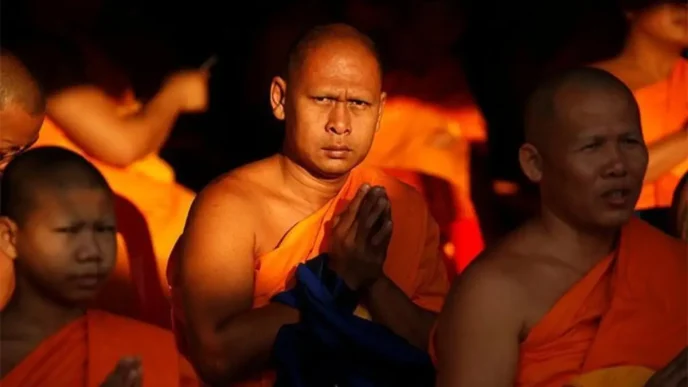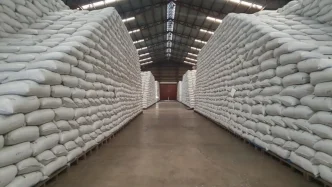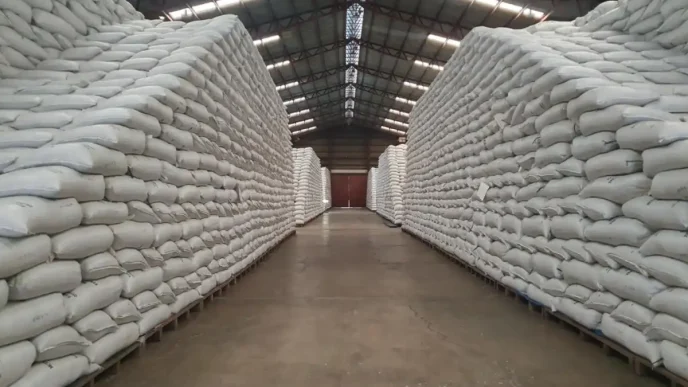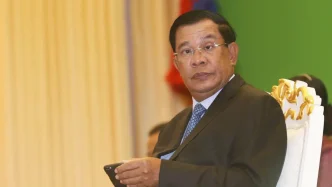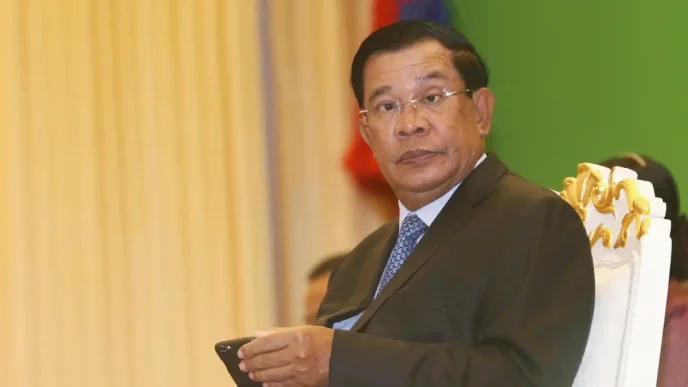Thailand’s government is standing firm on its ambitious plan to host the globally celebrated Tomorrowland music festival, despite mounting public criticism over the project’s hefty price tag. The Ministry of Tourism and Sports has allocated 1.65 billion Thai Baht (~US$47 million) for the event, asserting it will yield over 12 billion Baht (~US$340 million) in economic returns. As the debate intensifies on social media, officials are doubling down on the festival’s potential to elevate Thailand’s status as a premier global tourism destination.
A Bold Bet on Tourism
The decision to bring Tomorrowland, one of the world’s most iconic electronic music festivals, to Thailand marks a significant push by the government to bolster the country’s tourism sector, a critical pillar of its economy. Known for its vibrant festivals in locations like L’Alpe d’Huez in France and Boom in Belgium, Tomorrowland attracts hundreds of thousands of international visitors annually. The Thai government sees the event as a unique opportunity to draw global attention and stimulate economic growth.
At a recent press conference, Sorawong Thienthong, the Minister for Tourism and Sports, defended the substantial investment, emphasizing the long-term benefits for the nation. He highlighted the ministry’s commitment to balancing cultural and economic priorities, assuring the public that government spending would be handled with transparency and efficiency. While specific quotes from the minister could not be independently verified in additional sources, the overarching stance of the ministry aligns with reports from local outlets emphasizing fiscal responsibility.
Further supporting the initiative, Thapanee Kiatpaibool, governor of the Tourism Authority of Thailand (TAT), underscored the festival’s transformative potential. She cited a feasibility study conducted by the Thailand Convention and Exhibition Bureau (TCEB), which projects that a five-year series of Tomorrowland events from 2026 to 2030 could generate a cumulative economic impact exceeding 21 billion Baht (~US$595 million). Additionally, the study suggests the festival series would create substantial employment opportunities within the country, particularly in hospitality and event management sectors.
“Tomorrowland has a high potential to promote ‘Brand Thailand’ on the global stage” Thapanee stated during a public briefing. “This is a historic step for Thailand in driving our tourism industry to a global level.” Her remarks reflect a broader strategy to position Thailand as a hub for international events, leveraging cultural spectacles to attract foreign investment and visitors.
Public Backlash and Social Media Criticism
Despite the government’s optimism, the announcement has sparked significant controversy among Thai citizens, particularly on social media platforms. Many have questioned the allocation of such a large budget to a music festival, drawing stark comparisons to other national priorities. Critics have pointed out the disparity between the festival’s funding and the resources allocated to support soldiers and their families, especially in light of recent tensions along the Thai-Cambodian border.
The ministry has acknowledged these concerns but maintains that the Tomorrowland project is part of a broader economic stimulus plan. Officials have also clarified that a separate budget has been designated to support families affected by border-related incidents, though specific details on the amount or distribution of these funds remain undisclosed. This lack of transparency has only fueled public skepticism, with many calling for greater accountability in how taxpayer money is spent.
The criticism highlights a deeper tension within Thailand’s economic policy landscape: the balance between investing in high-profile international projects and addressing immediate domestic needs. For a nation where tourism accounts for a significant portion of GDP—contributing approximately 18% before the pandemic, according to World Bank data—the stakes are high. Yet, the perception of misplaced priorities risks alienating segments of the population already grappling with economic challenges.
Economic Projections and Global Branding
The government’s rationale for hosting Tomorrowland hinges on its projected economic returns. The TCEB study, as cited by TAT officials, estimates that the festival could attract tens of thousands of international tourists annually, boosting revenue for local businesses, airlines, and hotels. Beyond direct income, the event is expected to create a ripple effect, enhancing Thailand’s visibility as a destination for other large-scale cultural and sporting events.
Thailand’s tourism industry has been on a path to recovery following the devastating impact of the COVID-19 pandemic, which saw visitor numbers plummet from nearly 40 million in 2019 to under 7 million in 2021. By 2024, the country had welcomed over 28 million tourists, according to TAT data, signaling a robust rebound. Hosting Tomorrowland could further accelerate this trajectory, positioning Thailand alongside global event hubs like Singapore, which regularly hosts major international concerts and Formula 1 races.
Moreover, the festival aligns with the government’s Brand Thailand campaign, an initiative aimed at redefining the country’s image beyond traditional beach holidays and cultural heritage. By associating with a modern, youth-oriented event like Tomorrowland, Thailand hopes to appeal to a younger demographic of travelers, fostering long-term tourism growth. This strategy mirrors successful efforts by other Southeast Asian nations, such as Indonesia, which has leveraged events like the Bali Arts Festival to enhance its global cultural footprint.
Challenges and Risks
While the economic arguments are compelling, hosting Tomorrowland is not without risks. Logistically, organizing an event of this scale requires significant infrastructure investment, from venue construction to security arrangements. Thailand must ensure it can meet the high standards set by Tomorrowland’s organizers, who are known for their elaborate stage designs and stringent safety protocols. Any shortfall could damage the country’s reputation as a reliable host for international events.
Financially, the projected returns of 12 billion Baht (~US$340 million) are contingent on attracting a large international audience, a goal that could be hampered by global economic uncertainties or travel restrictions. If attendance falls short of expectations, the government may face further criticism for what could be perceived as a costly misstep. Additionally, the environmental impact of hosting such a large-scale event—potentially in ecologically sensitive areas—has yet to be addressed publicly, raising concerns among environmental advocates.
Politically, the backlash over funding allocation could have broader implications for the government’s public image. Thailand’s political landscape is often marked by public discontent over perceived elitism or mismanagement of resources. The Tomorrowland project, if not handled with transparency, risks becoming a lightning rod for wider grievances, especially in a country where economic inequality remains a persistent issue.
Balancing Culture and Economy
The decision to host Tomorrowland also raises questions about cultural alignment. While the festival is a global phenomenon, its electronic music focus and party-centric atmosphere may not resonate with all segments of Thai society, particularly in more conservative or rural communities. The government will need to navigate these cultural nuances carefully, ensuring that the event is marketed as an inclusive celebration rather than an imposition of foreign values.
At the same time, Thailand has a rich tradition of festivals, from the Songkran water festival to the Loy Krathong lantern celebrations, which are deeply embedded in national identity. Integrating elements of Thai culture into Tomorrowland’s programming—perhaps through collaborations with local artists or themed stages—could help bridge this gap, fostering a sense of ownership among Thai citizens while showcasing the country’s heritage to an international audience.
Looking Ahead
As Thailand prepares to host Tomorrowland, the government faces the dual challenge of delivering on its economic promises while addressing public concerns. The festival represents a high-stakes gamble, one that could either cement Thailand’s status as a global tourism powerhouse or exacerbate existing tensions over resource allocation. With the first event scheduled for 2026, the coming years will test the ministry’s ability to balance ambition with accountability.
For now, the debate over Tomorrowland underscores a broader question facing many Southeast Asian nations: how to leverage global cultural phenomena for economic gain without losing sight of domestic priorities. As preparations unfold, the eyes of both critics and supporters will remain fixed on whether this massive investment can truly deliver the transformative impact promised by officials.










